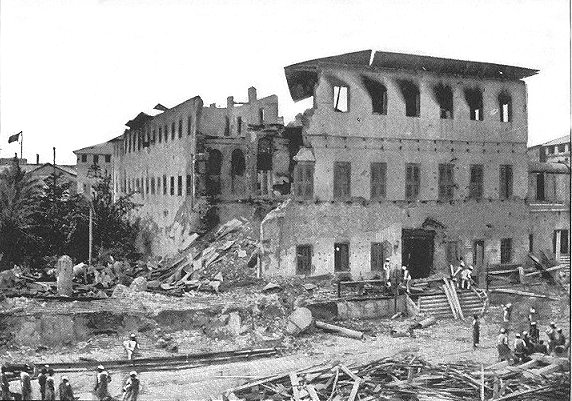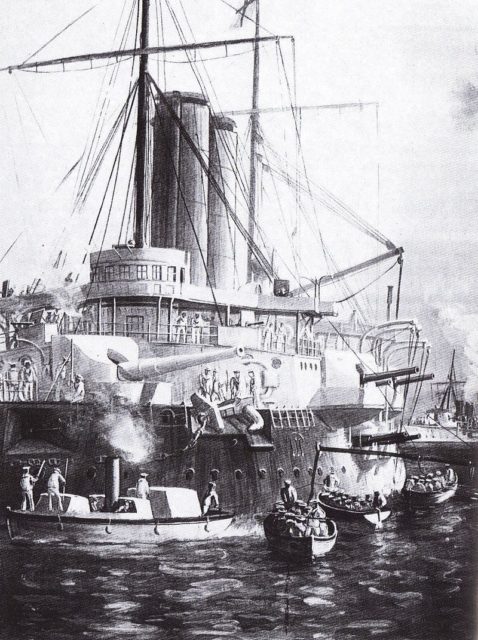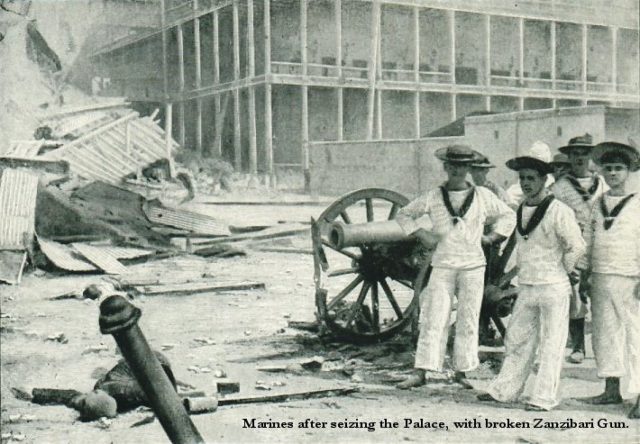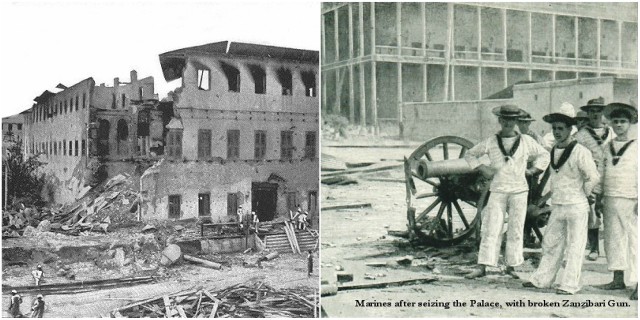“The written history of the world is largely a history of warfare because the states within which we live came into existence largely through conquest, civil strife, or struggles for independence.” This is what the renowned military historian John Keegan, famous for penning The Face of Battle, wrote in the final pages of his sweeping study A History of Warfare. Arguing against his claim seems pointless, as we are all sadly aware that warfare is as old as civilization itself.
It is believed that the first armed conflicts took place in the region of the Middle East about 10,000 years ago between prehistoric city-states of the area. However, the first war in recorded history was the one between Sumer and Elam back in 2700 BC. Since then, countless wars have been waged all over the world and, to one degree or another, the consequences have been devastating.
Some of these wars stretched for many years, but even the shortest of the armed conflicts can be catastrophic and bring tragedy to many people. Such is the case with the Anglo-Zanzibar War, notable for being the shortest in recorded history. But how short exactly this war was? A month? A few weeks? Days? Hours? Actually, it didn’t even take an hour, lasting for a total of 38 minutes.

According to the treaty signed by Britain and Germany in 1890, the strategically important East African island was in the sphere of influence of the British Empire and was declared a protectorate.
With the support of the British Empire, Hamad bin Thuwaini became the Sultan of the island, but his reign came to an end when he died unexpectedly only three years later. The sudden death of the Sultan caught everyone by surprise, and many believed that he had been poisoned by his cousin, Khalid bin Barghash, who soon declared himself the new Sultan of Zanzibar.

Everything would have turned out well for the new ruler if only the British Empire would approve him as the new Sultan, but it didn’t. Hamoud bin Muhammad was now the man favored by the British, and they wouldn’t discuss any other options, so Khalid bin Barghash was given an ultimatum to cede the throne by 9 AM. local time on August 27 or to prepare himself for an attack.

The inexperienced ruler was probably unaware of the power of the British Empire and made a decision to barricade himself in the palace, gathering his forces around him. Nearly 3,000 people supported the self-proclaimed Sultan and were determined to help him in his struggle against the British influence in Zanzibar.
The British anchored five warships in the harbor, including the HMS Philomel, the HMS Rush, and the HMS St George, still hoping that they might resolve the conflict on a diplomatic level. However, Khalid bin Barghash was apparently not much of a diplomat and again made it clear that he had no intention of ceding his throne.

The Sultan was positive that the British would not open fire, historians say now. He was wrong. Just as they had promised, at exactly 9 AM local time on August 27 the British opened fire. It didn’t take long before the warships destroyed both the Zanzibari royal yacht and the entire palace, killing over 500 people in a matter of minutes.

Khalid bin Barghash, however, was not among the killed and managed to escape to the German consulate, where he sought asylum.
About 38 minutes after the war began, the Sultan’s flag was pulled down, meaning that the shortest war in recorded history was officially over.
